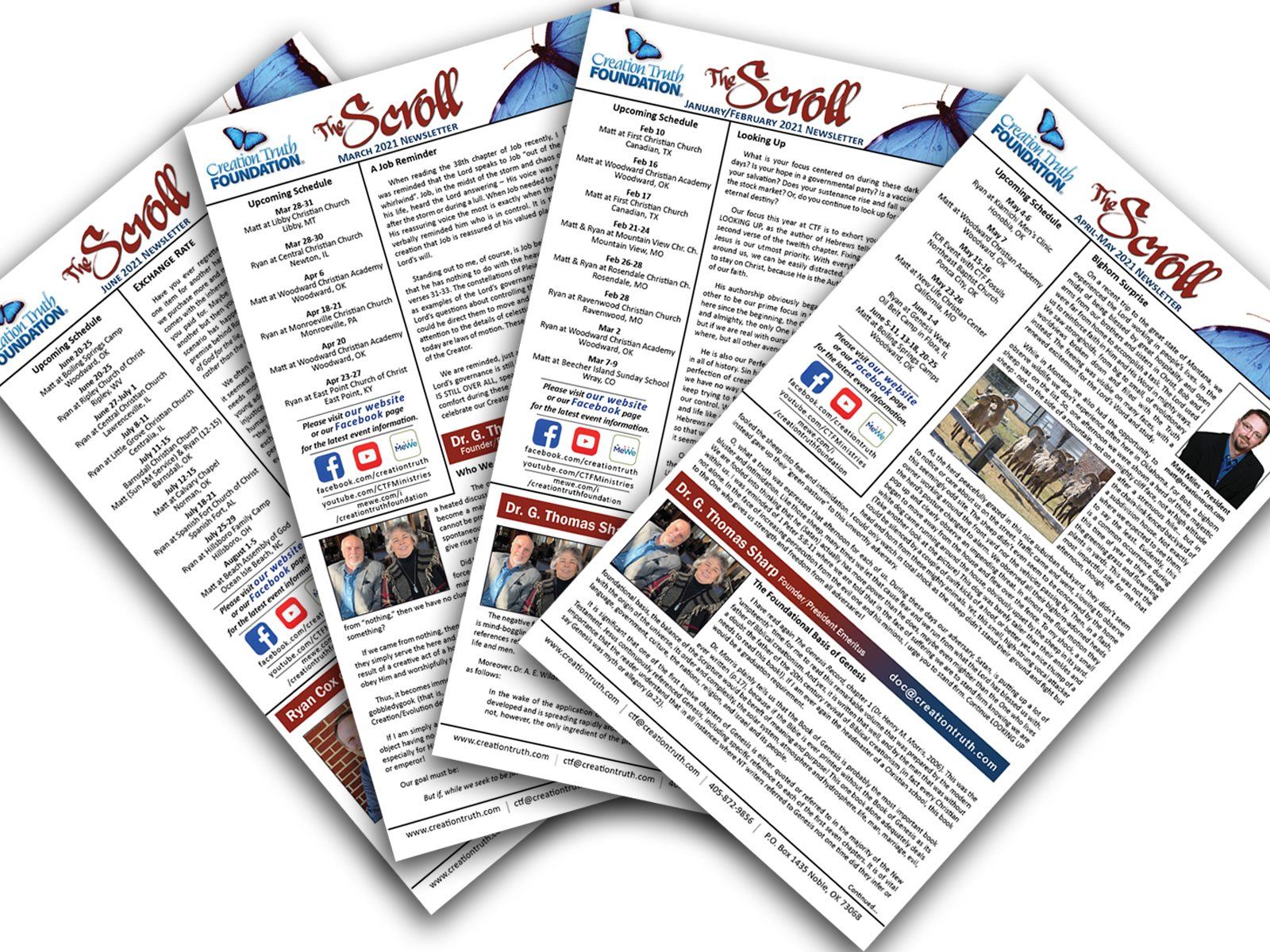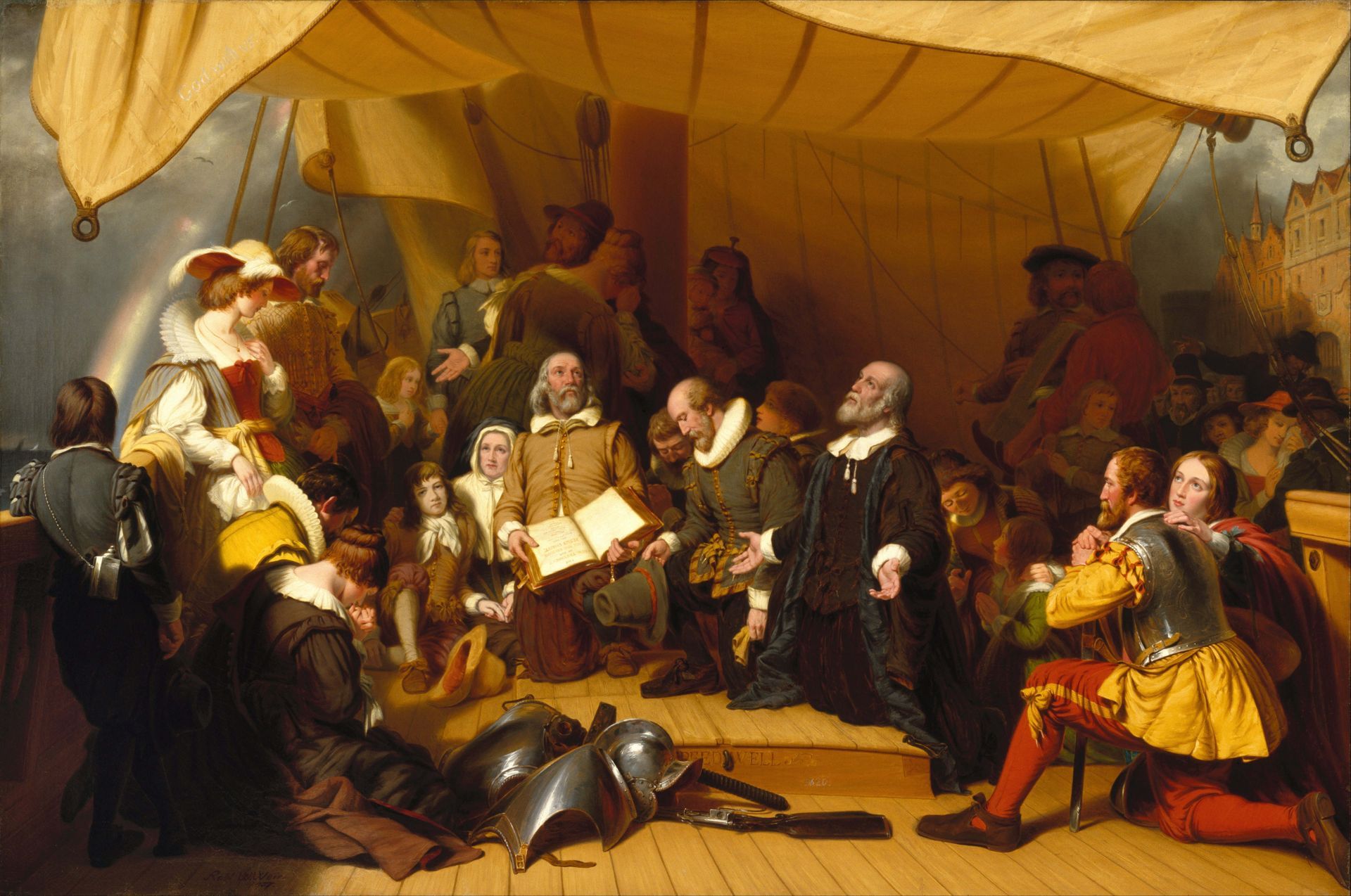Divinely Dependable
At a recent CTF event, an attendee had questions about the reliability of the Bible. The questions were not scientific or historical, but rather concerned dependability. As has been wondered by many, including faithful Christians: How accurate is the Bible? How do we know that after so many years, no one has tampered with the Biblical text?
These are great questions and worthy of our inquiry. We should desire to know the reliability of our Bibles and whether or not we can depend upon them to accurately relay to us the Word of God.
The answer to these questions is unequivocally YES! We can trust our Bibles. The majority of English versions do a good job at reliably translating the Biblical manuscripts. Some may be more accurate than others, and there are certainly some that are not accurate translations but are paraphrases derived from the composers’ perspectives. A word of caution should be given regarding the paraphrases as they are an interpretation, not a translation.
Someone, however, might ask, “But with so many versions, how can I check to know if the Word of God is being accurately and appropriately translated?”
That is the amazing result of the science of textual criticism! Textual criticism is the process of examining the thousands of ancient manuscripts to make sure we have an accurate understanding of the original, divinely inspired manuscripts.
Regarding the Old Testament, some of the older manuscripts are the Masoretic Text (Hebrew, 800s A.D.), Codex Alexandrinus (Greek, 400s A.D.), the Latin Vulgate (Latin, 405 A.D.), Codex Vaticanus (Greek, 300s A.D.), and Codex Sinaiticus (Greek, 300s A.D.). These, however, are separated from the original manuscripts by several centuries. How are we to tell if they are accurate?
The discovery of the Dead Sea Scrolls in 1946 and later answered that very question. Included in the 981 manuscripts (to date) were 225 Old Testament manuscripts dating far earlier than most others. For instance, the “Great Isaiah Scroll” (1QIsa a ) dates to possibly as far back as 356 B.C. 1 This places the manuscript within nearly 300 years of authorship! This is remarkable for a book of the Bible written over two and half millennia ago!
But what is even more remarkable is how these Old Testament manuscripts affirmed the accurate transmission of the text over thousands of years. Dr. Gleason Archer, Jr. stated in A Survey of Old Testament Introduction that it “proved to be word for word identical with our standard Hebrew Bible in more than 95 percent of the text. The 5 percent of variation consisted chiefly of obvious slips of the pen and variations in spelling.” 2
Regarding the New Testament, the data is overwhelming. Based on the databases of The Center for the Study of New Testament Manuscripts and the Leuven Database, there are 5,856 Greek manuscripts, many of them dating from the second and third centuries A.D. 3 This puts some of them within decades or a century of the original authorship. It is estimated that through these manuscripts, the internal consistency of the New Testament today is around 99.5% textually pure. 4
But that’s not all! There are also 19,284+ ancient translations by which to verify the texts. 5 And, in addition to the manuscripts, there are countless quotations from the early church leaders, with many dating to just decades or a century from the original New Testament autographs. From just 7 early church leaders, one can count 36,289 New Testament quotations. 6
By not preserving the original manuscripts but instead preserving tens of thousands of ancient copies, the Lord displays His wisdom in making sure we have the resources that confirm the text has not been tampered with. If there was only the one original, then whoever possessed it could corrupt it, and we might not ever know the difference!
In contrast, it is speculated that there have been 20 versions of the Quran when its adherents claim it to be unaltered. 7 It is also speculated that the Book of Mormon has undergone 3,913 changes. 8 The “explanation” by Mormon apologists is that all the publishers and typesetters are to blame for the changes. 9
With so many ancient sources through which to cross-reference, there is no doubt as to the accurate transmission of the Biblical text. We can trust our Bibles to accurately convey the Word of God. It is divinely dependable! Question is, to whom will we share it?
1 Joseph A. Fitzmyer.
A Guide to the Dead Sea Scrolls and Related Literature . William B. Eerdmans Publishing Company, 2008, pp. 14-15.
2 Dr. Gleason Archer, Jr.
A Survey of Old Testament Introduction . Moody Publishing, 1996, p. 25.
3 Sean McDowell, Ph.D. “What is the Most Recent Manuscript Count for the New Testament?” 13 March 2018,
https://seanmcdowell.org/blog/what-is-the-most-recent-manuscript-count-for-the-new-testament, accessed 16 July 2019.
4 Matt Slick. “Manuscript evidence for superior New Testament reliability”. Christian Apologetics & Research Ministry. 10 December 2008,
https://carm.org/manuscript-evidence
, accessed 16 July 2019.
5
http://www.biblestudymanuals.net/bible2.htm
, accessed 16 July 2019.
6 “Are the New Testament Gospel Documents Reliable?”
http://www.gospelclearinghouse.com/wordpress/the-new-testament-revised/13
, accessed 16 July 2019.
7 “The 20 Versions of the Qur’an today”.
http://www.bible.ca/islam/islam-quran-changed-20-versions.htm , accessed 16 July 2019.
8
http://www.utlm.org/onlinebooks/3913intro.htm
and
http://www.bible.ca/mor-1830-changes.htm
, accessed 16 July 2019.
9 George Horton. “Understanding Textual Changes in the Book of Mormon”. December 1983,
https://www.churchofjesuschrist.org/study/ensign/1983/12/understanding-textual-changes-in-the-book-of-mormon?lang=eng
, accessed 16 July 2019.



